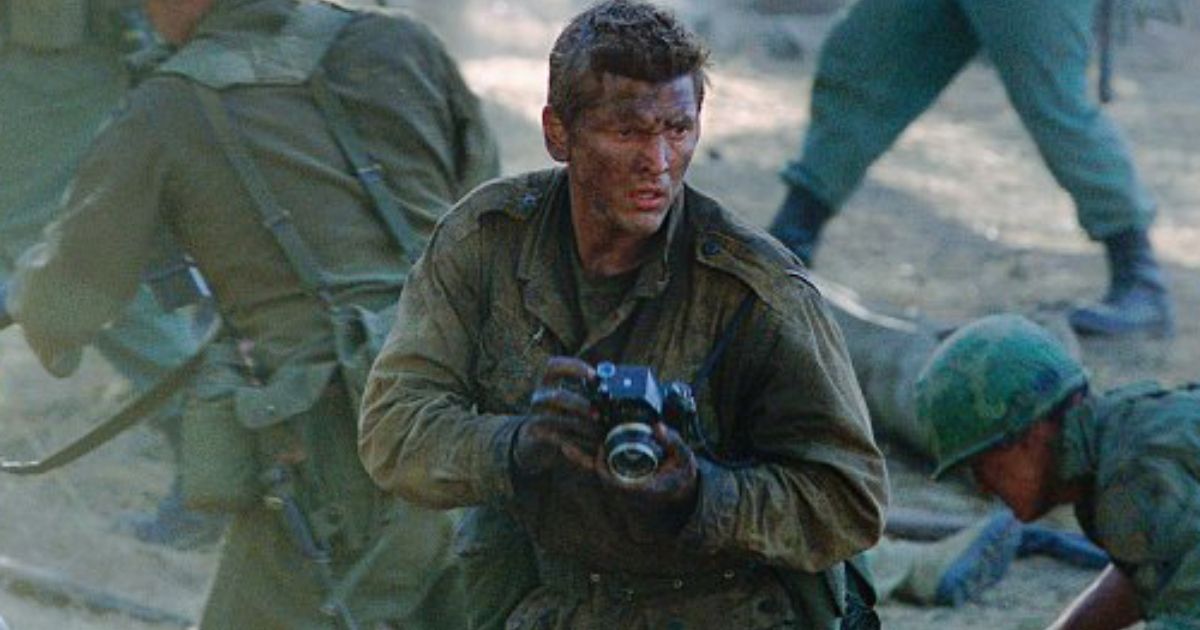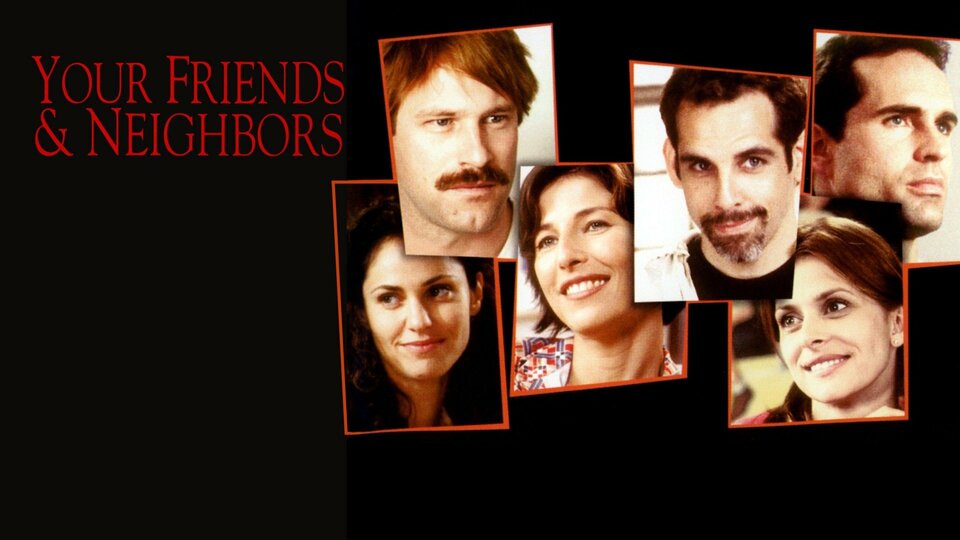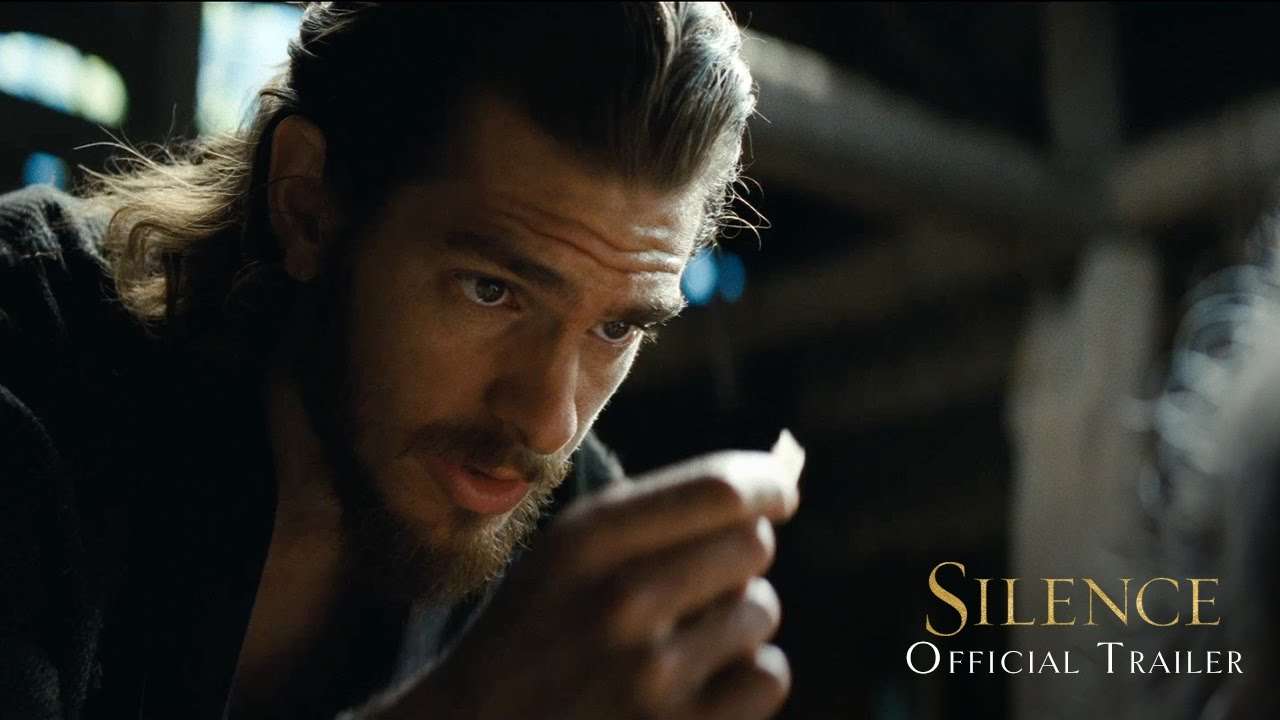We Were Soldiers (2002): A Haunting War Drama of Courage and Sacrifice
We Were Soldiers is a 2002 war drama directed by Randall Wallace, adapted from the book We Were Soldiers Once... And Young by Lieutenant General Harold G. Moore and journalist Joseph L. Galloway. The film stars Mel Gibson, Madeleine Stowe, Greg Kinnear, Sam Elliott, and Barry Pepper, offering a powerful depiction of the Battle of Ia Drang, one of the first major conflicts between American and North Vietnamese forces during the Vietnam War. With its mix of brutal realism, emotional storytelling, and themes of loyalty and sacrifice, the film stands as one of the most respected portrayals of the war.
Set in November 1965, the story follows Lieutenant Colonel Hal Moore, played by Mel Gibson, as he leads the 1st Battalion of the 7th Cavalry Regiment into the Ia Drang Valley in South Vietnam. The soldiers find themselves vastly outnumbered, facing relentless attacks from well-organized North Vietnamese troops. The film captures both the chaos of battle and the deep humanity of the men who fought, highlighting their bravery, brotherhood, and enduring resilience under impossible conditions. Parallel to the combat scenes, the story also shows the lives of the soldiers’ families back home, particularly the wives who must cope with uncertainty, grief, and the devastating arrival of telegrams informing them of their husbands’ deaths.

Mel Gibson delivers a commanding performance as Hal Moore, portraying him as both a tough, disciplined leader and a compassionate man who deeply cares for the soldiers under his command. His mantra, “We will all come home together, or we will not come home at all,” underscores his dedication to his men. Greg Kinnear provides a strong supporting performance as Major Bruce Crandall, a fearless helicopter pilot whose daring rescues became legendary. Sam Elliott brings his trademark stoicism as Sergeant Major Basil Plumley, embodying the hardened veteran who guides younger soldiers through the horrors of combat. Meanwhile, Barry Pepper plays Joseph Galloway, the war correspondent who experiences the brutality firsthand, ensuring the story of the soldiers’ sacrifice is recorded.
One of the film’s strengths lies in its unflinching depiction of battle. The combat sequences are visceral and intense, marked by graphic violence, confusion, and the constant threat of death. Unlike some Hollywood war films that glamorize combat, We Were Soldiers emphasizes the harrowing reality of war, where survival is uncertain, and the cost of each victory is measured in lives lost. At the same time, Wallace intercuts these scenes with moments of tenderness and humanity, such as soldiers writing letters to their families or praying before battle, reminding the audience that these were ordinary men caught in extraordinary circumstances.

Beyond the battlefield, the film addresses the emotional toll on the families left behind. Madeleine Stowe’s performance as Julie Moore highlights the strength and sorrow of military wives, while the scenes of telegram deliveries illustrate the devastating impact of war on the home front. This dual perspective ensures the story is not solely about combat but also about love, loss, and resilience.
Upon its release, We Were Soldiers received generally positive reviews, with praise for its realism, emotional weight, and performances, though some critics noted its heavy sentimentality and patriotic tone. Nevertheless, it has endured as a significant war film that honors the courage and sacrifice of those who fought in Vietnam, while acknowledging the profound costs of war on both soldiers and families.
Ultimately, We Were Soldiers is not just a story about a battle—it is a tribute to duty, brotherhood, and the human spirit under fire.



